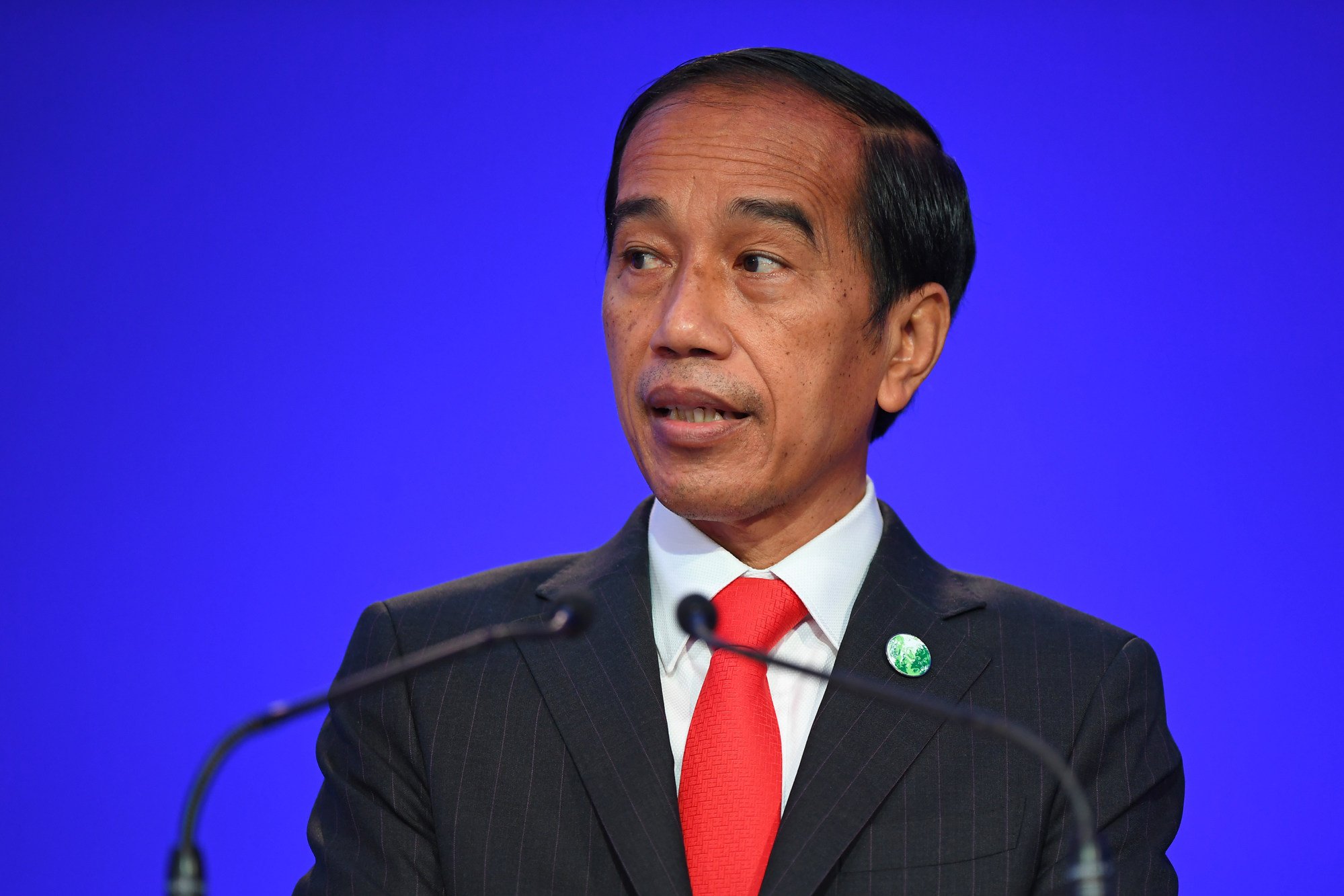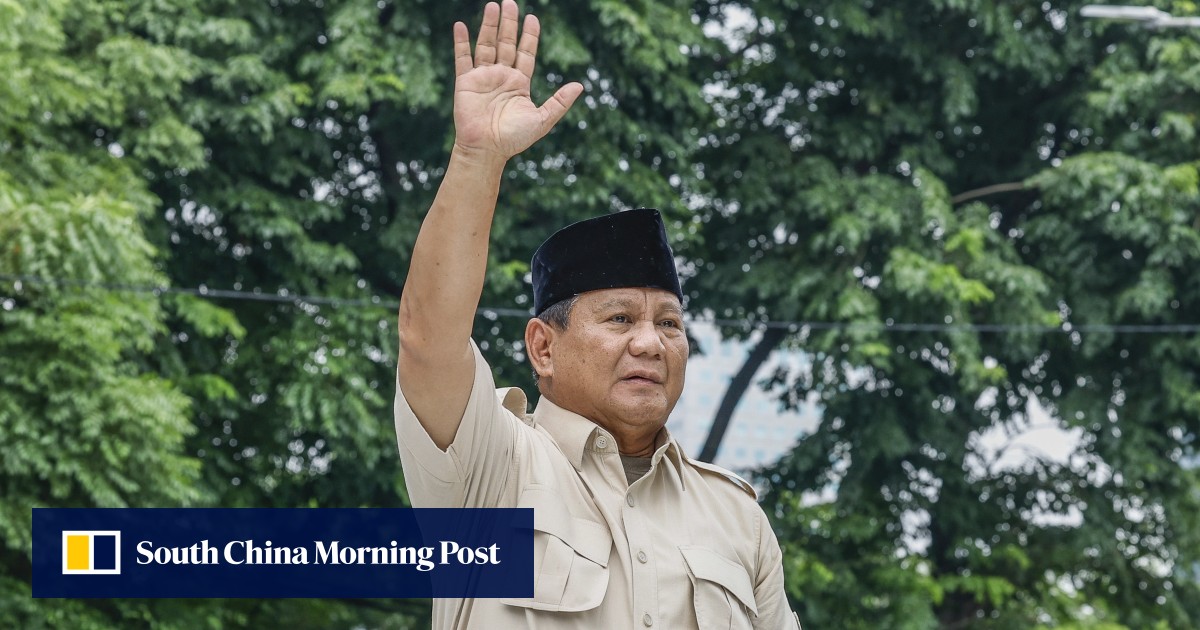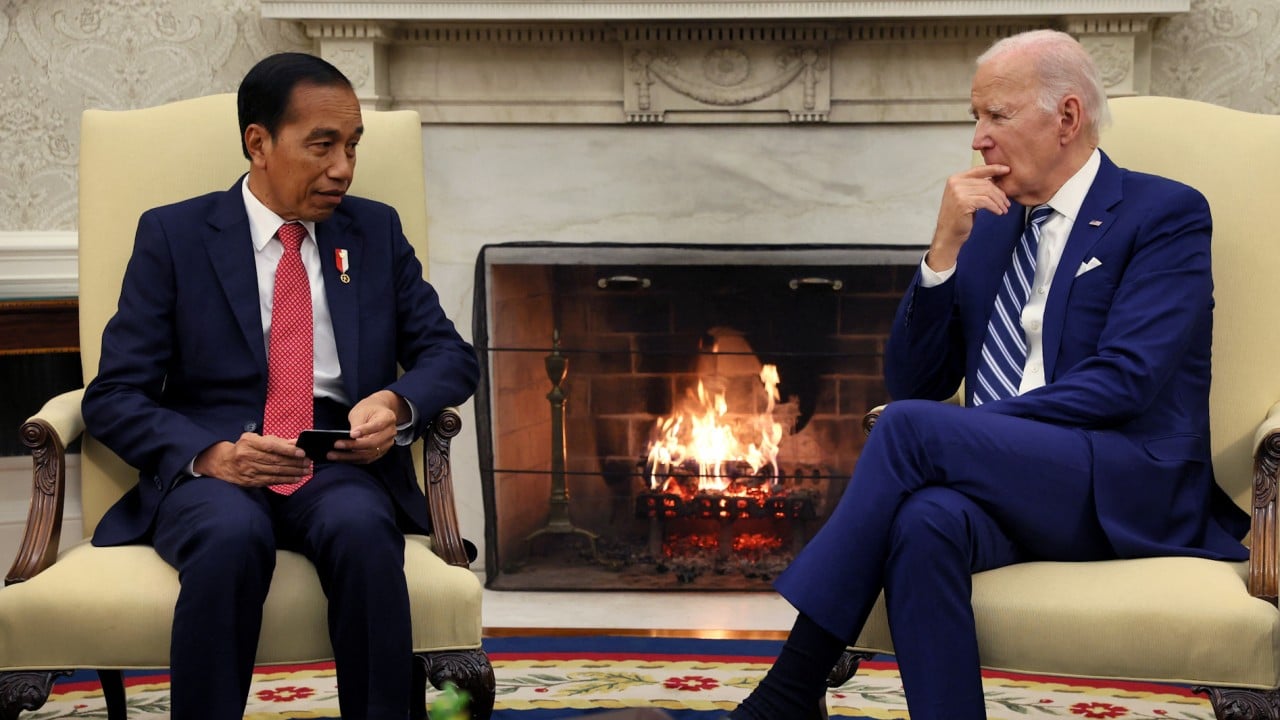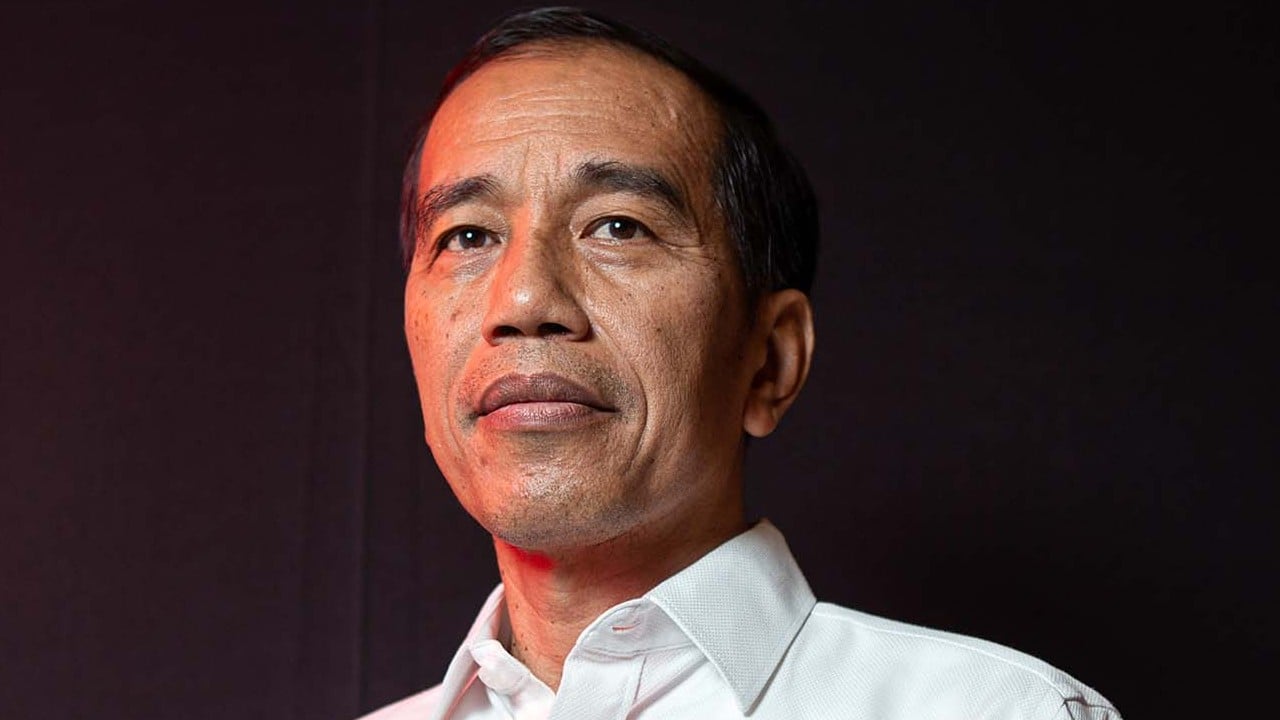Nur Rachmat Yuliantoro, head of the international relations department at Gadjah Mada University in Yogyakarta, said Prabowo may use Indonesia’s non-aligned position to benefit from both of the superpowers’ competing interests in the country.
“He sees China as a major actor that can be a sufficient counterweight to the power of another major actor, the United States,” Nur said. “Indonesia is likely to continue to take a position in the middle while trying to maximise the benefits of available security guarantees.”
Money matters
Indonesia has the world’s largest nickel reserves, and in 2020, banned the export of nickel ore as part of a strategy to establish a competitive electric vehicle and battery supply chain. China has been a keen investor, pumping US$3.6 billion into Indonesia’s nickel sector in the first half of 2022 alone.
Chinese investment has also been pivotal under Indonesia’s infrastructure push led by Widodo, notably in projects such as Southeast Asia’s first high-speed rail launched by Jakarta in October.
Nur predicted that Prabowo would continue Widodo’s policies and maintain close ties with Beijing, “especially in the context of investment and infrastructure development”.
He argued that the relationship Indonesia had built up with China during Widodo’s time in office was “too valuable to be drastically altered” and that doing so would “only bring losses to Indonesia”.
During a visit to Jakarta last September, Chinese Premier Li Qiang pledged US$21.7 billion in new Chinese investment for Indonesia, adding to the previous commitment of US$44.89 billion when Widodo met Chinese President Xi Jinping last July.
“And so for Prabowo, in terms of policy, just pressing forward like this is going to be fine.”

But Pepinsky also said the former general was not likely to get any cosier with China in the hopes of increased infrastructure funding, due to concerns about debt.
“I think he’s aware of the fate of countries like Sri Lanka and Kenya that have found themselves dependent on Chinese investments, and China does not renegotiate those debts.”
During a presidential debate last month, Prabowo said Indonesia was currently in a good position in terms of servicing its foreign debts at a rate that would prevent other countries from subverting its sovereignty.
“It turns out that currently our foreign debt, as a ratio to GDP, is one of the lowest in the world, at around 40 per cent,” he said. “With prudent and good management, and the right economic strategy, especially through downstreaming, we can now strengthen our bargaining position.
“I’m not too worried about other countries wanting to intervene with us. We are highly respected, we never default [on our debt]. We must have a strong defence force so that we cannot be intervened.”
Indonesia’s foreign debt in the third quarter of 2023 was recorded at US$393.7 billion, or 28.9 per cent of its GDP, according to data from the central bank.
Ahmad Rizky Umar, a lecturer at the School of Political Science and International Studies at Australia’s University of Queensland, said that such scrutiny had led Prabowo’s economic team “to look for other sources of investment” to diversify the country’s portfolio. However, he noted that as long as Chinese investment remained strong, it would likely be sustained.
Sea of contention
“If the South China Sea is well-managed, it will strengthen an equal, mutually beneficial partnership, which is badly needed to create global peace and stability,” he said in the statement.
However, when the topic of the South China Sea was raised during a presidential debate in January, Prabowo emphasised that Indonesia needed to reinforce its maritime defence capabilities so it could defend itself in the North Natuna Sea.
Indonesia walks ‘political’ tightrope with China over weapons trade with Manila
Indonesia walks ‘political’ tightrope with China over weapons trade with Manila
“I don’t see Prabowo provoking a fight, but it’ll be interesting to see what happens if there’s another incident [in the Natunas], which is almost bound to happen,” said Cornell’s Pepinsky.
Prabowo’s campaign manifesto also describes the South China Sea as a strategic challenge for Jakarta, and that future conflict between the US and China over the disputed waterway should be anticipated to minimise potential threats to Indonesia.
He’s going to be eager to be seen as the type of person who can sit down with Xi Jinping or any other Chinese head of state
That minimisation may come in the form of further diplomacy. Pepinsky suggested that if China continued to pose strategic challenges to Indonesia’s Southeast Asian neighbours in the South China Sea, Prabowo might attempt to play a more “conciliatory” role.
On foreign policy in general, the University of Queensland’s Umar said Prabowo would want to take on a more proactive international role than his predecessor.
Biden hails ‘new era’ in US-Indonesia ties as Jokowi appeals for Gaza ceasefire
Biden hails ‘new era’ in US-Indonesia ties as Jokowi appeals for Gaza ceasefire
Umar also argued that Prabowo would like “strengthen relations with the US at the defence level, especially in the context of the South China Sea”. Like many Indonesian generals, Prabowo gained extensive experience in the West as part of his military training. He received part of his education in the US’ Fort Bragg, now called Fort Liberty, as well as in Germany, illustrating Indonesia’s decades-long ties with the US when it comes to defence, something that would not be replicated by China soon.
“Prabowo will maintain the balance [in the US-China rising rivalry] by building stronger relations with the US in the defence sector, especially in the context of the modernisation of Indonesia’s defence equipment,” Umar said.
Indeed, something the former general has often talked about, both as a politician and as defence minister, is the importance of strengthening Indonesia’s military might, to turn it into a powerful country that is capable of defending its own interests. It remains to be seen if the interests he prioritises during his time in office align with or conflict with those of China.



